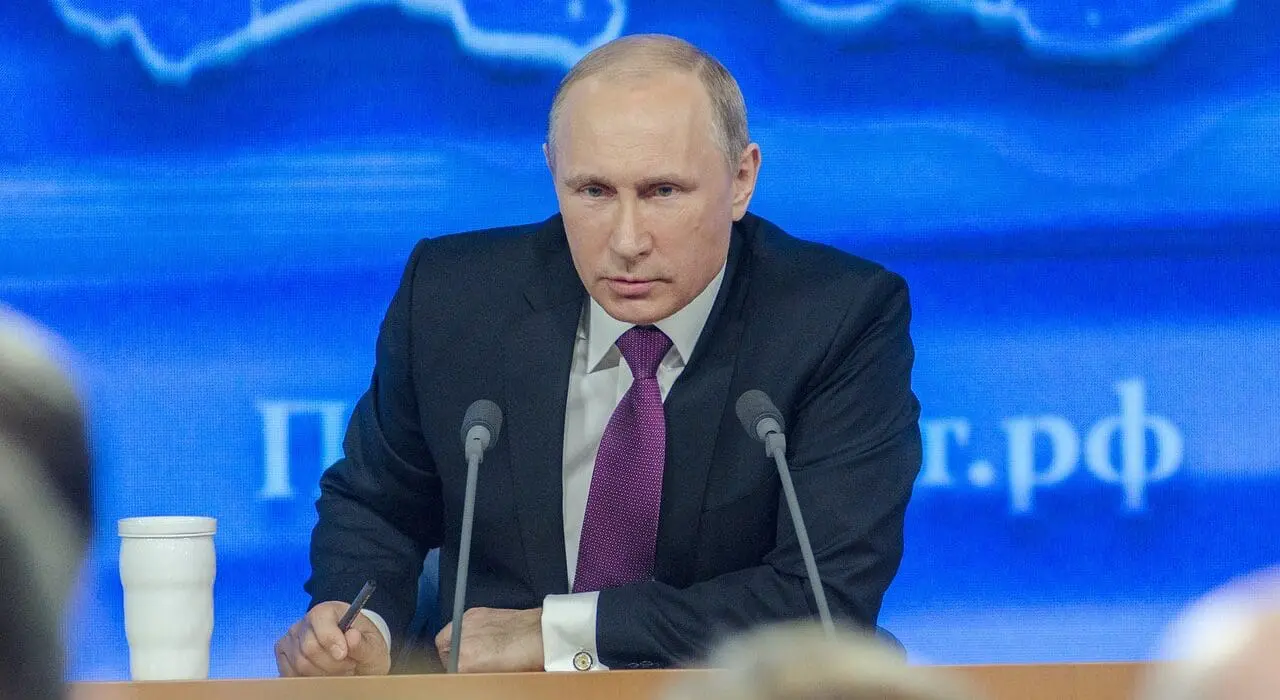The impact of Russia’s war on Ukraine on the economy is becoming more apparent. There have been record numbers of emigration out of Russia since Vladimir Putin launched the invasion in February 2022, with some estimates putting the number at 1 million. A recent analysis from Re: Russia narrowed the number to 817,000-922,000.
As a result, 42% of industrial firms were unable to find enough workers in July, up from 35% in April.
A barrage of Western sanctions encouraged many Russians to flee for economic reasons, while others fled to avoid military service, skewing the numbers toward younger people.
In the last 20 years, less than 30% of the labor force has been under the age of 35.
According to a report from the French Institute of International Relations, 86% of those leaving Russia are under 45, and 80% have a college education. A Kremlin official estimated last year that 100,000 IT professionals would leave by 2022.
Moreover, nearly 11.5% of the personal savings in Russian banks at the end of 2021 were transferred abroad in 2022, amounting to about 4 trillion rubles ($41.5 billion).
Russia’s economy may suffer from a shrinking population of skilled professionals. A report by the Atlantic Council said that when highly skilled workers leave, economic opportunities will follow them, bringing Russia’s living standards to the level of other former Soviet states.
With declining birth rates and no migration to fill the labor gap, the Russian economy is expected to shrink.
According to the Atlantic Council, Russia’s purchasing power parity (PPP) will fall behind Indonesia’s in 2026, nearly two years earlier than it would if Putin had not started the Ukrainian war. By then, they will switch places as the sixth and seventh largest economies in the world by PPP.
While Western sanctions limiting Russia’s access to advanced technologies will also weigh on GDP, the report draws a consistent conclusion from the comparison with Indonesia.
But both Russia’s decline and Indonesia’s rise are driven in large part by the same factor: people. Russia is suffering from acute brain drain, but Indonesia’s labor force is growing.
The world’s center of economic gravity is shifting as Indonesia’s educated professional class grows and Russia’s shrinks. That contrast is what makes their soon-to-be swap on the list of the world’s largest economies noteworthy.
Indonesia’s labor force is growing, but the influx of highly skilled workers has also helped boost private consumption standards.
As a result, China is taking notice of Indonesia’s expanding ability to spend, and trade ties between the two countries are likely to tighten, the Council said. With its growing dependence on Beijing since the war started, this may further dim Russia’s growth prospects.
According to the report, while Russia may be an important export market for Chinese producers at the moment, its long-term growth prospects are stagnant at best and more likely negative.”
Also Read:
- The Debt Supercycle: Unveiling the Culprit Behind China’s Economic Troubles, Harvard Economist Reveals
- China Battle Against Deflation: Urgent Actions Needed for Economic Revival
- One Warren Buffett investment in beverage company having economic moat
- How Heatwaves Jeopardize Workers’ Safety and Damage Economic Output – International Labour Organization Report Reveals
